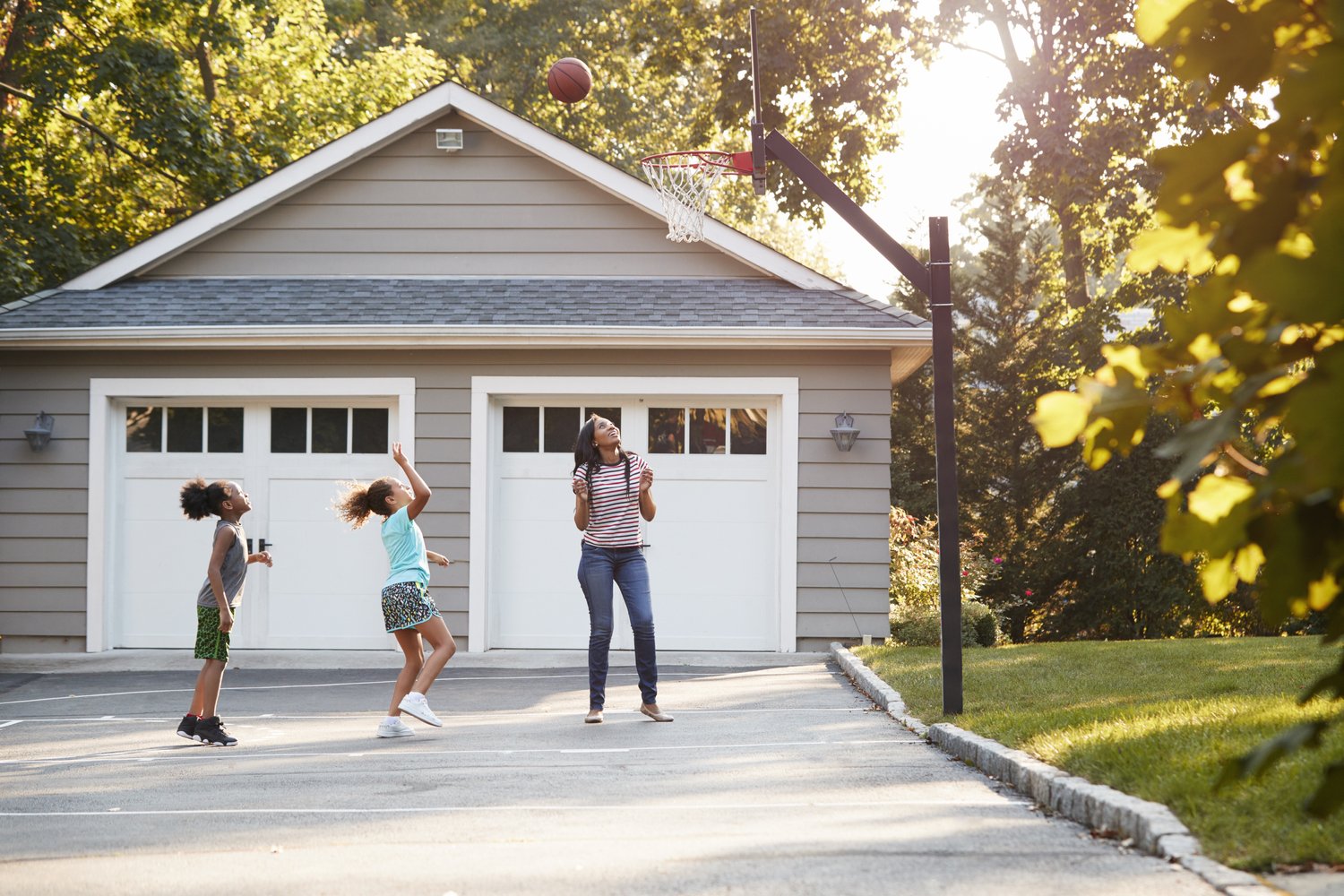Installing a new driveway can significantly enhance your home’s curb appeal while providing practical benefits like improved accessibility and drainage. However, understanding the various factors that influence driveway installation cost is crucial before embarking on this home improvement project. From material selection to site preparation requirements, numerous variables affect your new driveway estimate. This article examines the primary cost considerations for different driveway materials, including concrete, asphalt, gravel, and pavers, helping you make an informed decision that fits both your aesthetic preferences and budget.
Material Options and Their Costs
The material you choose for your driveway is perhaps the most significant factor affecting overall installation expenses. Concrete driveways remain among the most popular options, with the cost of concrete driveway installation typically ranging from $4 to $15 per square foot. This variation depends on factors like concrete thickness, whether you opt for plain or decorative concrete, and your geographic location. For a standard 600-square-foot driveway, you might expect to pay between $2,400 and $9,000 for a concrete installation.
Asphalt driveways offer a more economical alternative, generally costing between $2 and $5 per square foot. While more affordable upfront, asphalt requires more frequent maintenance and sealing compared to concrete. Gravel represents the most budget-friendly option at approximately $1 to $3 per square foot, but demands regular replenishment and offers less durability than other materials.
For homeowners seeking aesthetic appeal and long-term durability, the paver driveway price typically falls between $10 and $30 per square foot. Though pavers represent a premium option, their individual units can be replaced if damaged, and they offer unmatched design versatility. According to data collected by AskHomey, homeowners who invest in paver driveways typically report high satisfaction with their long-term value despite the higher initial investment.
Size and Layout Considerations
The dimensions and configuration of your planned driveway significantly impact the final new driveway estimate. A straight, rectangular driveway requires less labor and material than curved or circular designs. Similarly, wider driveways that can accommodate multiple vehicles naturally cost more than standard single-car options. When requesting quotes, contractors typically calculate costs based on square footage.
Beyond basic measurements, consider practical aspects like turnaround space and extra parking areas. While adding these features increases your driveway installation cost, they can enhance functionality and potentially boost property value. Most contractors recommend a minimum width of 10 feet for single-car driveways and 20 feet for two-car arrangements, with additional space if you frequently need to maneuver larger vehicles.
Site Preparation Requirements
Site conditions represent a commonly overlooked factor that can substantially impact your driveway installation cost. Before laying any driveway material, contractors must ensure proper grading, drainage, and soil stability. Removing an existing driveway, clearing vegetation, excavating unsuitable soil, or addressing drainage issues can add significant expense to your project.
For properties with extensive slope or poor soil conditions, additional engineering measures may be necessary. Retaining walls, additional base materials, or specialized drainage solutions might increase your new driveway estimate by 20-30% or more. When considering bids from contractors, ensure they include a thorough site assessment to identify these potential complications before work begins.
Labor and Regional Variations
Labor costs typically constitute 40-50% of the total driveway installation expense and vary considerably by location. Urban areas and regions with higher costs of living generally command premium rates for skilled labor. Similarly, accessibility challenges at your property—such as limited space for equipment or difficult terrain—may increase labor requirements and costs.
Seasonal timing also influences pricing. In many regions, contractors offer more competitive rates during their off-peak seasons. However, weather considerations might limit when certain materials can be properly installed. For instance, concrete curing requires temperatures consistently above freezing, making summer installations preferable in colder climates.
Additional Features and Enhancements
Customizations and upgraded features can significantly affect your final paver driveway price or cost for other materials. Decorative elements like stamped patterns in concrete, contrasting border pavers, or special aggregate finishes add visual interest but increase expenses. Similarly, practical enhancements such as heating elements for snow-prone regions or reinforced sections for heavy vehicles represent additional investments.
Sealing represents another consideration, particularly for concrete and paver installations. While this treatment adds to initial costs, it extends the driveway’s lifespan by protecting against stains, freeze-thaw damage, and general wear. Most contractors recommend sealing new concrete driveways after curing and reapplying every 2-5 years, depending on climate conditions and usage patterns.
Long-Term Value Considerations
When evaluating driveway materials and their respective installation costs, consider long-term value rather than focusing solely on initial expenses. While asphalt and gravel offer lower upfront costs, their maintenance requirements and shorter lifespans may result in higher lifetime expenses compared to concrete or pavers. A well-installed concrete driveway can last 30-40 years with proper care, while quality pavers might serve for 50 years or more.
Your climate should also influence material selection. Concrete may crack in regions with frequent freeze-thaw cycles unless properly reinforced and maintained. Pavers generally handle these conditions better due to their segmented design, while asphalt remains somewhat flexible in temperature fluctuations. Investing in the right material for your specific environment can prevent premature deterioration and costly repairs.
For more tips and to connect with reliable home service professionals, follow AskHomey on Facebook and Instagram.



